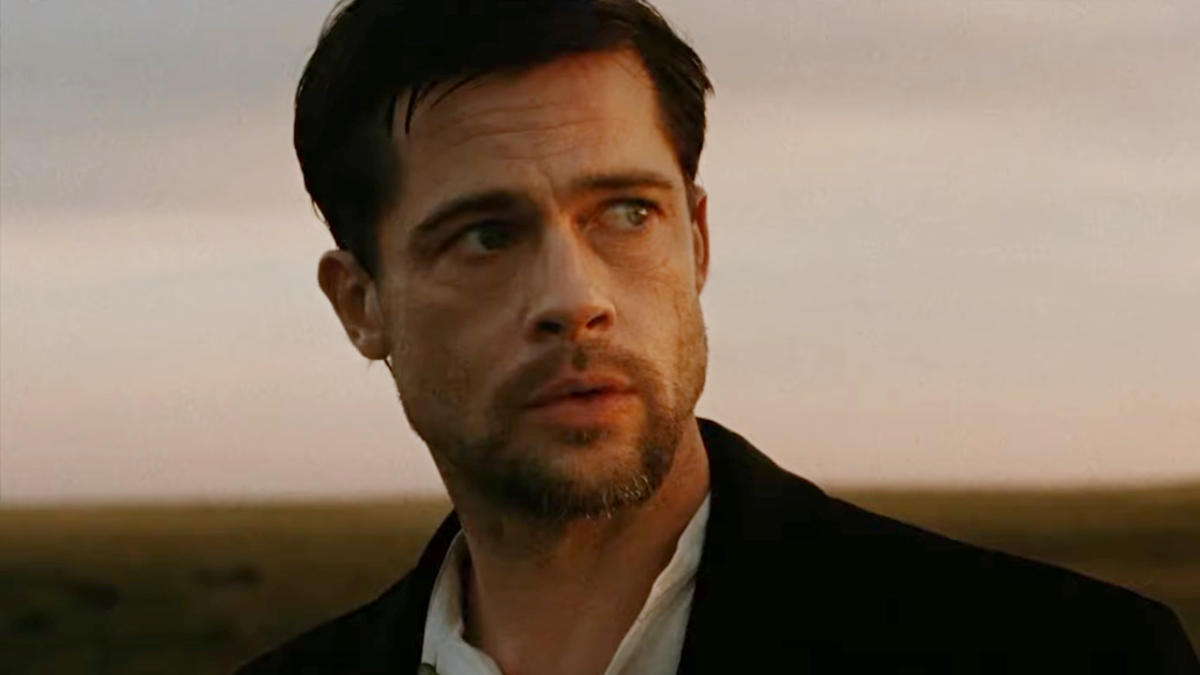Private Clubs in Washington, DC



Washington boasts two clubs on the list of the 11 most exclusive private clubs in America compiled by the Los Angeles-based consulting firm Club Marketing. One of them, the University Club, about a half-mile north of the White House at 930 Sixteenth St. NW, ranks fifth on the list. Its first president, William Howard Taft, later became our nation’s 27th head of government. It was Taft who gave the club its motto: “Enter all who possess a modicum of fellowship and learning.”
Founded in 1904, the University Club was first housed in the Willard Hotel before moving to its current location. It was once a popular residence of politicians such as Thomas P. “Tip” O’Neill, a Massachusetts Democrat who, according to legend, enjoyed playing against the likes of Richard Nixon in the third-floor card room.
Between the third-place California Club of Los Angeles and the first-place Union Club in New York lies Washington’s iconic Cosmos Club. The Cosmos Club has its roots in the natural sciences and was founded in 1878 by John Wesley Powell – the explorer of the American West – along with chemists, zoologists, geologists and other notable founding members.
Featuring Louis XV elements on a Beaux-Arts facade and walls of Indiana limestone, the Cosmos Club is two blocks from Dupont Circle, where it has been located since 1950.


In the early 20th century, the Cosmos Club divided applicants into 11 groups, including writers, doctors, military officers, government officials, and foreign diplomats. Its members included three presidents, two vice presidents, 14 Supreme Court justices, 36 Nobel Prize winners, 61 Pulitzer Prize winners, and 55 recipients of the Presidential Medal of Freedom.
In 1997, the adjacent former French military mission, which the club had acquired in 1985, was renovated and converted into Hillyer House. It is connected to the main building via a glass-walled corridor and houses 19 of the Cosmos Club’s 50 artfully decorated overnight rooms and suites.
The capital is home to a large number of private organizations catering to the city’s elite, some of which openly recruit members of Washington’s diplomatic corps.
“Clubs in Washington such as the Cosmos Club, the University Club and the Georgetown Club offer honorary membership to ambassadors,” said a retired South American chief of mission. “Many ambassadors accept these invitations to take advantage of the networking opportunities and the various facilities these clubs offer.”
This includes the Army and Navy Club, which overlooks Farragut Square. Its rules state: “Ambassadors and officers of the armed forces of other countries may be granted the privileges of membership while serving in the United States.”
First known as the United Service Club and founded in 1885, the organisation was open to any military officer who had served during the war. Membership was later extended to all officers and ex-officers of the Army, Navy and Marines before changing its name to The Army and Navy Club in 1891. In keeping with its wartime background, the club’s walls are adorned with military-themed artwork and books. The club itself hosts various events, from a lunch on the British armaments industry to a private dinner with the President of Croatia.
Likewise, the Georgetown Club at 1530 Wisconsin Avenue NW offers free membership to foreign diplomats accredited to the White House, the United Nations or the Organization of American States.
Although Georgetown itself is four decades older than the District of Columbia, the club is a relative newcomer among the exclusive clubs here. It was founded in 1966 to bring together leaders in politics, diplomacy, business and science who have influenced the United States and the world.
About a decade ago, the Georgetown Club’s design was changed in hopes of regaining its relevance in the surrounding neighborhood, famous for its posh political cocktail parties.
“These clubs have excellent cuisine and first-class service,” said a retired diplomat. “Many embassies like to host high-ranking officials for meals in an elegant, discreet setting. Some ambassadors, especially those with smaller embassies, use the clubs for receptions and other diplomatic events.”


The name of William Howard Taft appears again in the famous Metropolitan Club in Washington, located at the corner of 17th and H Streets, two blocks from the White House. Its members include Robert Todd Lincoln, John Hay, Henry Morgenthau Jr., Walter Lippmann, Dean Acheson, Admiral George Dewey, Paul Mellon, Henry Cabot Lodge and Henry Kissinger. Ten of its members were nominated for president; six of them won the highest office in the land along with Taft, including Ulysses Grant, Warren Harding, Herbert Hoover, Theodore Roosevelt and Franklin D. Roosevelt.
The Metropolitan Club was founded in 1863 when six officials from the U.S. Treasury Department met to discuss the possibilities of establishing a literary and social club. Membership dues for the first year were $50.
Located at the top of the National Press Building – within sight of the White House and just steps down Pennsylvania Avenue from the Capitol – the National Press Club describes itself as “the gathering place in Washington for newsmakers and journalists.”
On March 12, 1908, 32 newspapermen with $300 in their coffers and pledges of support from 200 colleagues decided that such a club was feasible. They elected officers to study the idea, and 17 days later they laid the cornerstone of the National Press Club at the Willard Hotel.
For 116 years, the NPC has been a popular gathering place for Washington’s diplomatic community, with its prestigious premises hosting countless embassy and foreign media events, including the annual Embassy Night, which attracts ambassadors from around the world.
“These clubs seem to enjoy the prestige that comes with having ambassadors as members and guests,” said the former head of mission for South America. “It’s a win-win relationship for both.”


